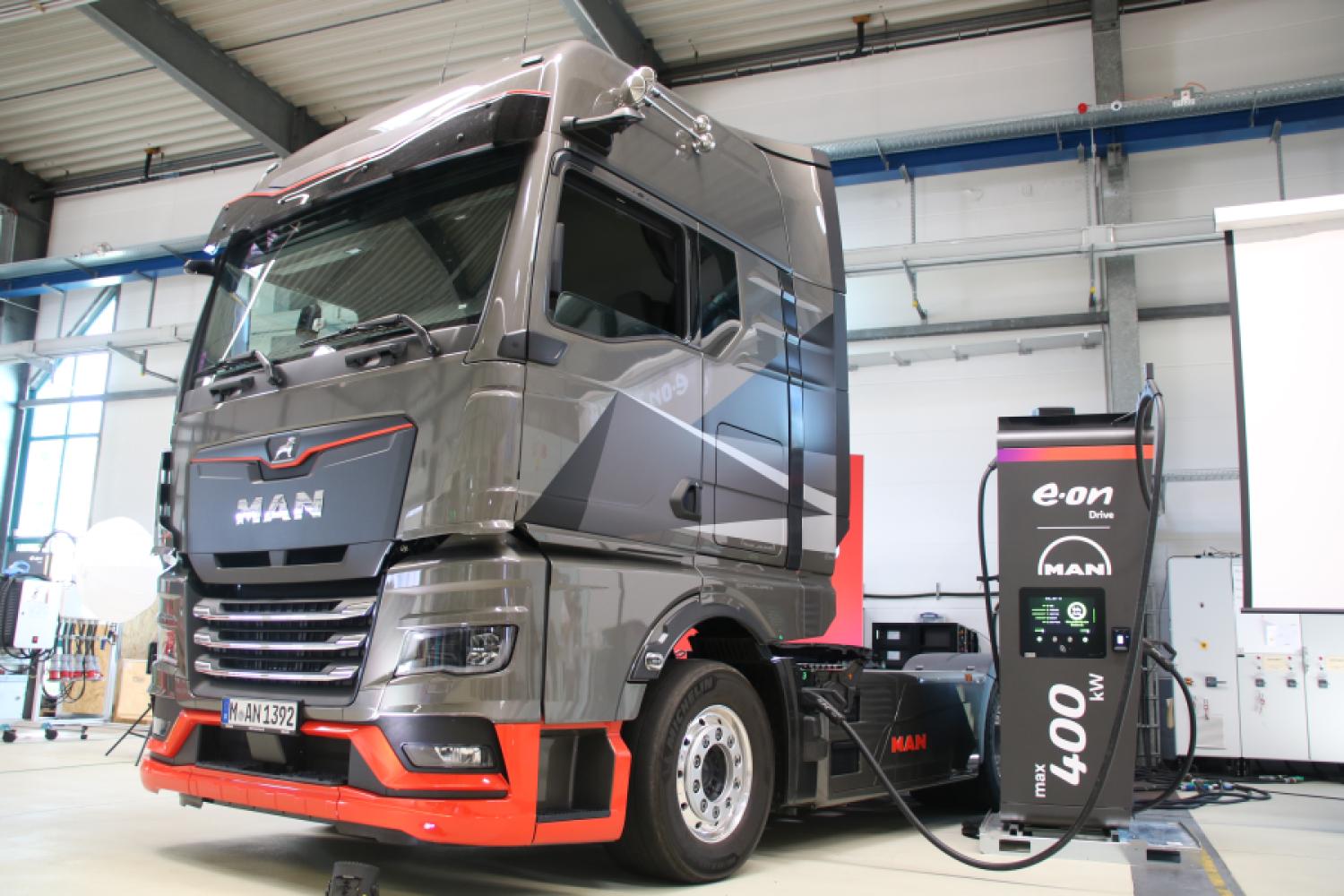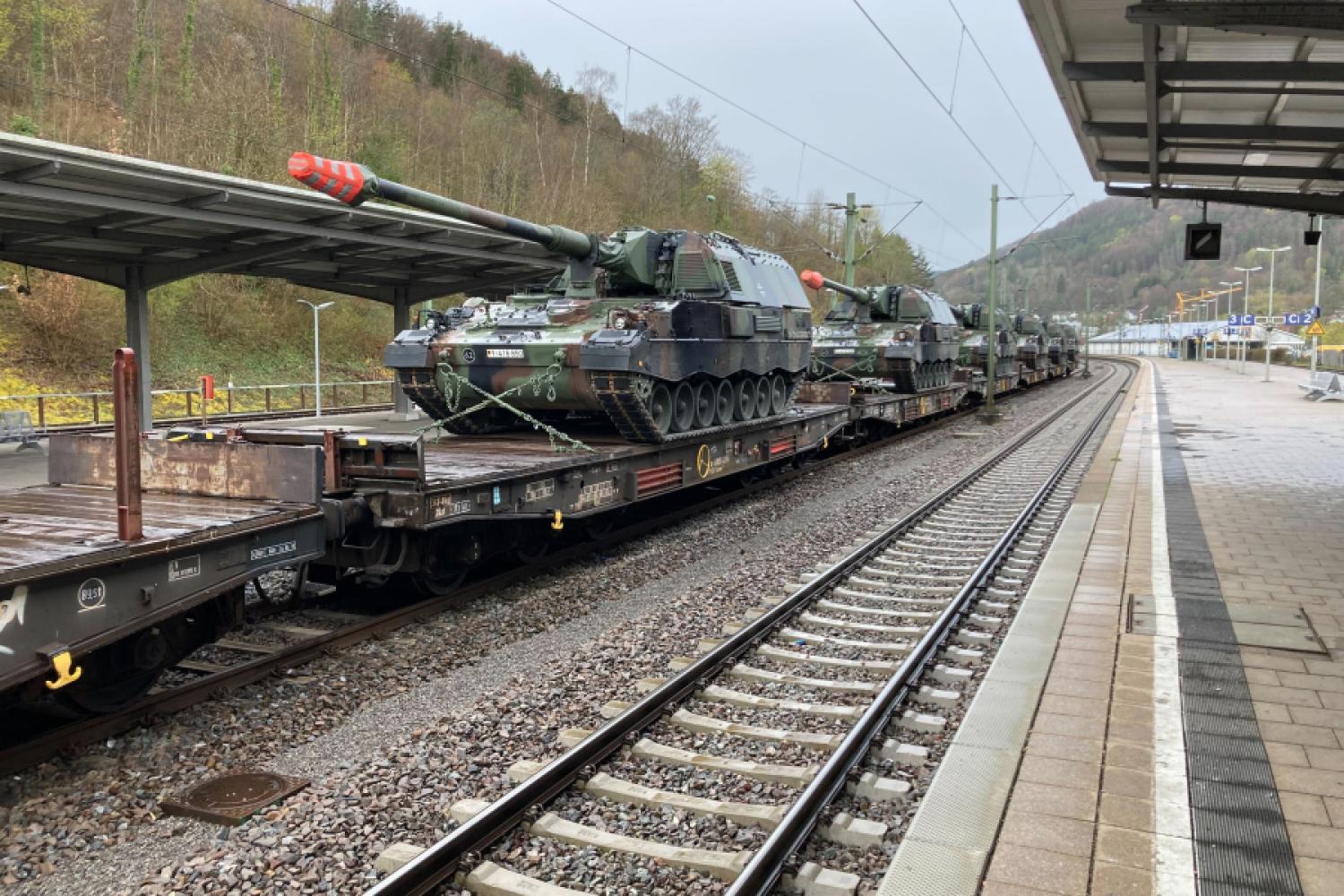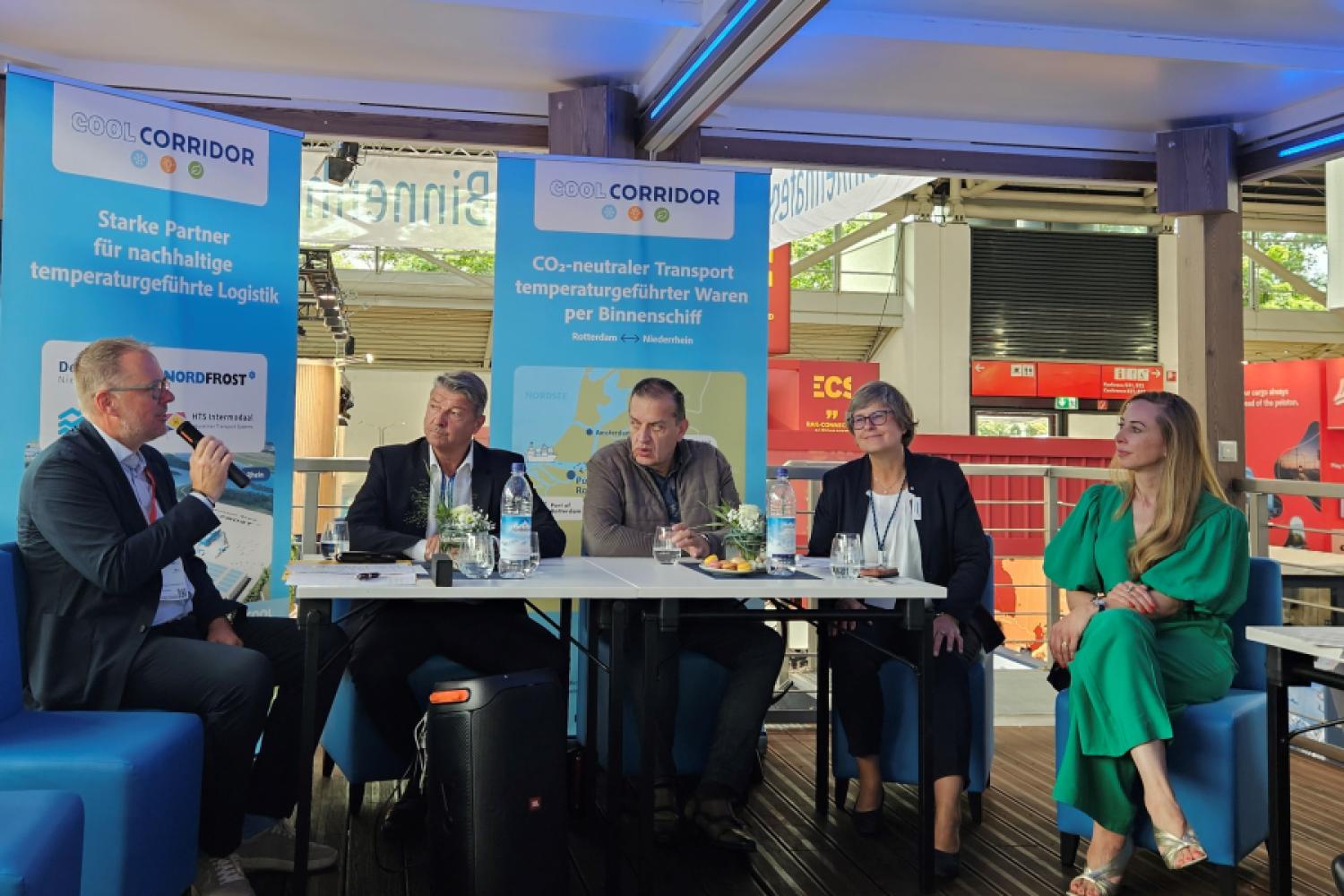LOGISTICS TODAY: In which regions are there currently more vacancies in the German logistics real estate market?
Kuno Neumeier: The issue of vacancies affects the absolute top logistics regions such as Duisburg and the surrounding cities. Here, we have been recording a continuous increase since the end of last year. Alone in Duisburg and within a radius of about 15 kilometers, we have over 200,000 square meters of logistics space that are already available today or will come onto the market in the coming months. However, even young regions like Leipzig are currently showing a high vacancy rate. While it mainly concerns speculative new buildings in Leipzig, it is primarily existing buildings that are vacant in North Rhine-Westphalia. Here, quality, also in terms of ESG compliance, is absolutely paramount.
What main factors play a role in the vacancies?
The general global economic situation leads to uncertainties: consumer behavior is declining, production volumes are reducing, and thus also the volume with suppliers and logistics service providers. Less expansion, more consolidations, and general caution are the result. In short, demand in the logistics real estate market is rather subdued nationwide. Moreover, for example, in East Germany, a lot of new buildings have been constructed in recent years. In the long run, they
will find their takers, but currently, we indeed have an oversupply here.
To what extent do the vacancies affect the business of logistics service providers?
The market for logistics service providers has turned 180 degrees – from a supplier to a demand market. Currently, we assume there are almost three million free pallet spaces nationwide – with an upward trend.
To utilize their spaces and cover ongoing costs, they have to find new ways. Even on our logistics service provider platform Logivisor.com, we are noticing more logistics service providers who need support in finding a suitable user.
How can the current overall situation in the German market for logistics real estate be described?
I would say the situation is stable but slightly tense. The economic situation in Germany, coupled with the current geopolitical situation, is also reflected in the German logistics real estate market: The threat of higher import tariffs by the US government is causing additional unrest and intensifies macroeconomic uncertainties.
Are there any opportunities arising from this market situation? If so, for whom?
The decline is freeing up spaces in interesting locations again: a new situation for the once so tense logistics real estate market. The transformation of the automotive industry is also bringing new players to the
market, who are in turn looking for new partners and appropriate infrastructure. Additionally, the defense industry is increasingly appearing as a space seeker on the logistics real estate market in 2024, due to the current world situation.
Further protagonists who could utilize the partly good space availability are companies from Asian countries, especially from China. North Rhine-Westphalia has been an important destination for Asian companies for years, and thanks to its good trimodal transport connections, it is particularly attractive to Chinese online retailers.
Although the general industrial economy is in a downturn, the defense industry is doing as well as it has in a long time. Over 100,000 square meters of new construction space were developed by the defense sector last year – a tenfold increase compared to previous years. New projects as well as plant expansions are already planned for the coming years, and there are also constructive approaches here. In Görlitz, for example, the defense company KNDS has taken over the plant of the French train manufacturer Alstom, which was initially supposed to be closed. The takeover will now convert production to defense, and more than half of the employees are to continue to be employed.
How could the German market for logistics real estate develop in the
further course of 2025?
This will certainly depend heavily on the further development of the national and international economic situation. On one hand, we have developments in Ukraine, the Middle East, and the US with the upcoming higher import tariffs. On the other hand, we also have our new government, which will hopefully push for the urgently needed bureaucracy reduction and develop a clear strategy for a strong Europe together with other European countries. The logistics real estate market is resilient, but it needs a strong domestic economy to continue growing. Because, in principle, the project pipelines are well filled. About 2.6 million square meters of logistics real estate space are currently in concrete user negotiations.
There are so many important topics that we can and must tackle together in 2025! Just take the topic of charging infrastructure: We urgently need to catch up here and ensure nationwide coverage. Logistics properties and business parks can make an important contribution with PV and wind power plants. The issue of sustainability is understandably taking a back seat at the moment. Here, we need to ensure more transparency and efficiency, also with the help of digitalization, because especially in the current situation, sustainability must be affordable!
The questions were posed by Matthias Pieringer.






